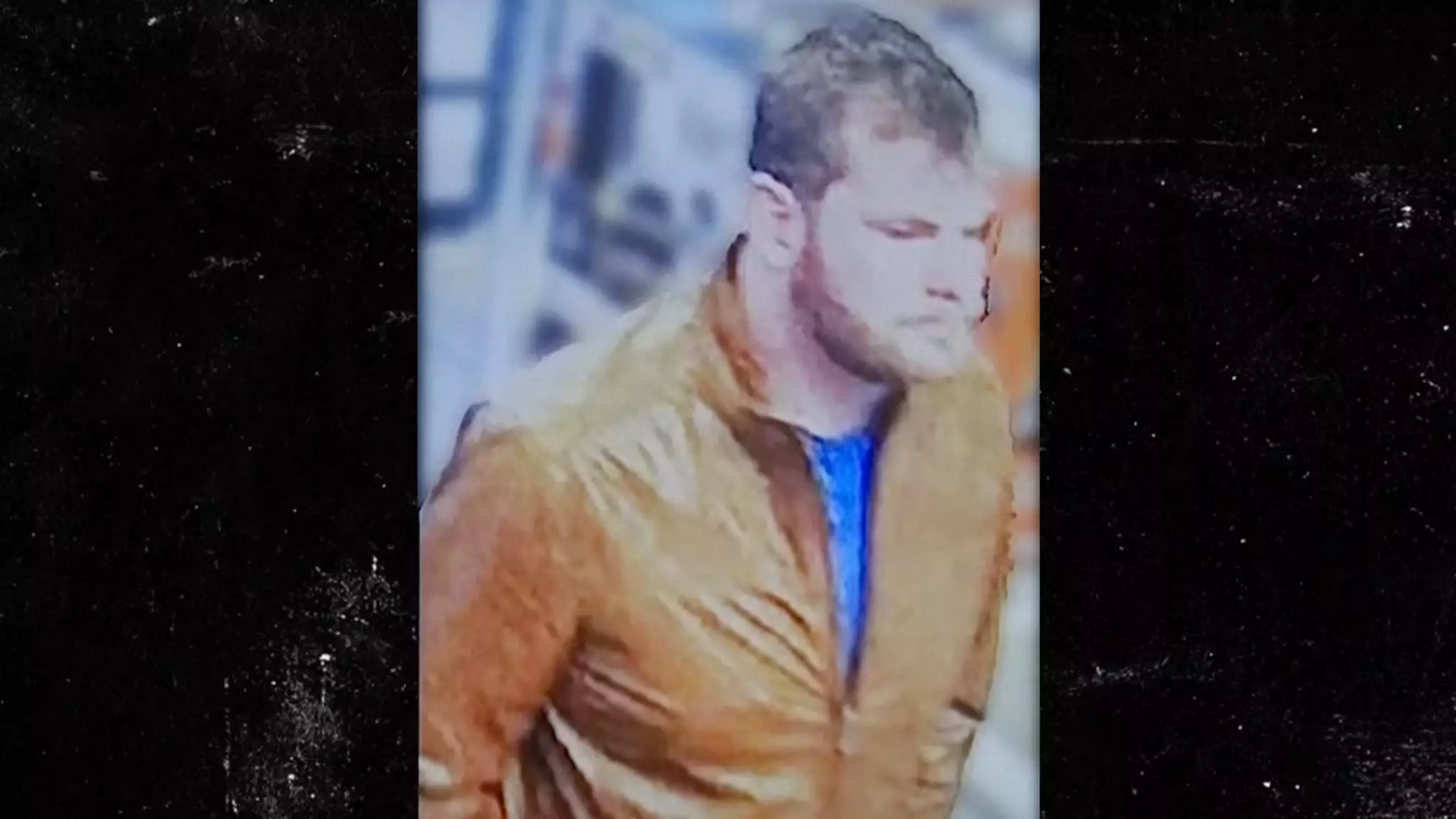In a troubling incident that has sparked considerable discussion, Matthew Livelsberger, a former Army Special Forces soldier, detonated his Tesla Cybertruck outside the Trump Hotel in Las Vegas. This act, which he later described as a “wake-up call” rather than a terrorist act, raises significant questions about the intersection of mental health, personal trauma, and social commentary. As new details emerge about Livelsberger’s motivations—revealed in a letter to the authorities—there is a pressing need to unpack the implications of his actions in the broader context of veterans’ mental health and societal apathy.
Livelsberger’s struggle with Post-Traumatic Stress Disorder (PTSD) illuminates the harsh realities faced by many veterans returning from combat. The letter he penned reveals a man deeply troubled by his past, including the loss of fellow service members and the moral burden he carries from his experiences. It is essential to understand that PTSD can manifest in extreme ways, leading individuals to act out in dangerous manners when feeling unheard or overwhelmed. Livelsberger’s declaration that he sought to “cleanse” his mind speaks volumes about the internal battles many face after experiencing the horrors of war.
Interestingly, Livelsberger chose to use a Tesla Cybertruck, a vehicle associated with entrepreneur Elon Musk, in an act he viewed as symbolic. This raises questions about the cultural and political symbolism behind his choice. As a supporter of Donald Trump, why did Livelsberger opt for a vehicle from a prominent figure in the tech industry? This decision suggests a convergence of technology, celebrity culture, and socio-political critique, indicating that Livelsberger may have seen this confrontation as a way of critiquing societal values, including the obsession with materialism, spectacle, and the glitz of Las Vegas.
In his letter, he urged fellow veterans and Americans to awaken to what he perceived as “weak and feckless leadership.” This statement encapsulates a broader frustration felt by many within the military community about leadership that appears disconnected from the realities faced by those who serve. Livelsberger’s reflections highlight an urgent need for society to confront these leadership failures and address the challenges veterans face upon their return. The phrase “eternally ill and headed towards collapse” resonates deeply, pointing to a collective crisis that requires immediate attention.
The events surrounding Livelsberger’s actions cast a glaring spotlight on the complex dynamics of mental health within the military and the societal structures that often dismiss or overlook these issues. As discussions continue, it is critical to engage in constructive conversations about how to better support veterans, raise awareness about PTSD, and foster an environment where individuals feel valued and understood. Livelsberger’s letter and the subsequent explosion serve as a tragic reminder of the urgent need for empathy and action, not only for veterans but for all individuals grappling with the impacts of trauma in society. The road ahead will require a serious appraisal of how we respond to those in need and a commitment to meaningful change.

Leave a Reply